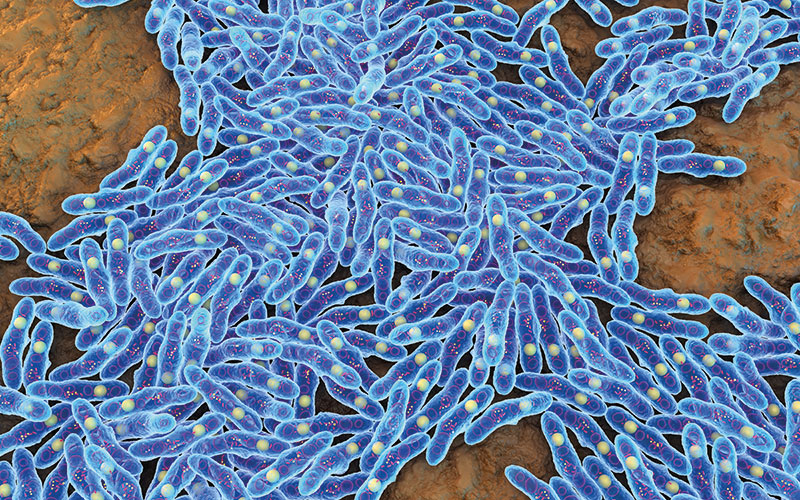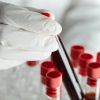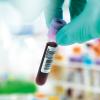Researchers have developed a highly sensitive blood test that can find traces of the bacteria that cause tuberculosis (TB) in infants a year before they develop the disease.

Using a small blood sample, the test detects a protein secreted by Mycobacterium tuberculosis.
It can screen for all forms of TB and rapidly evaluate a patient’s response to treatment, said lead study author Tony Hu, Weatherhead Presidential Chair in Biotechnology Innovation at Tulane University.
“This is a breakthrough for infants with TB because we don’t have this kind of screening technology to catch early infections among those youngest groups who are most likely to be undiagnosed. I hope this method can be pushed forward quickly to reach these children as early as possible.”
Hu and his team used this test to screen stored blood samples collected from 284 HIV-infected and 235 children without the virus who participated in a large clinical trial conducted in 2004–2008. Hu’s group found their test identified children diagnosed with TB by the current gold-standard TB tests with 100% accuracy.
Image credit | Science Photo Library




